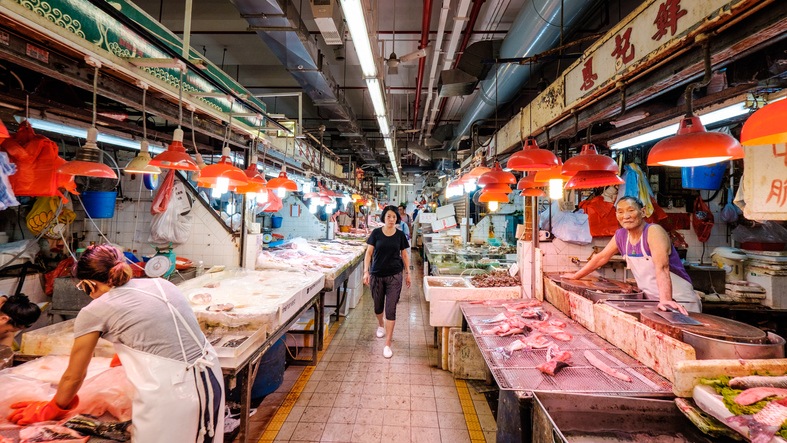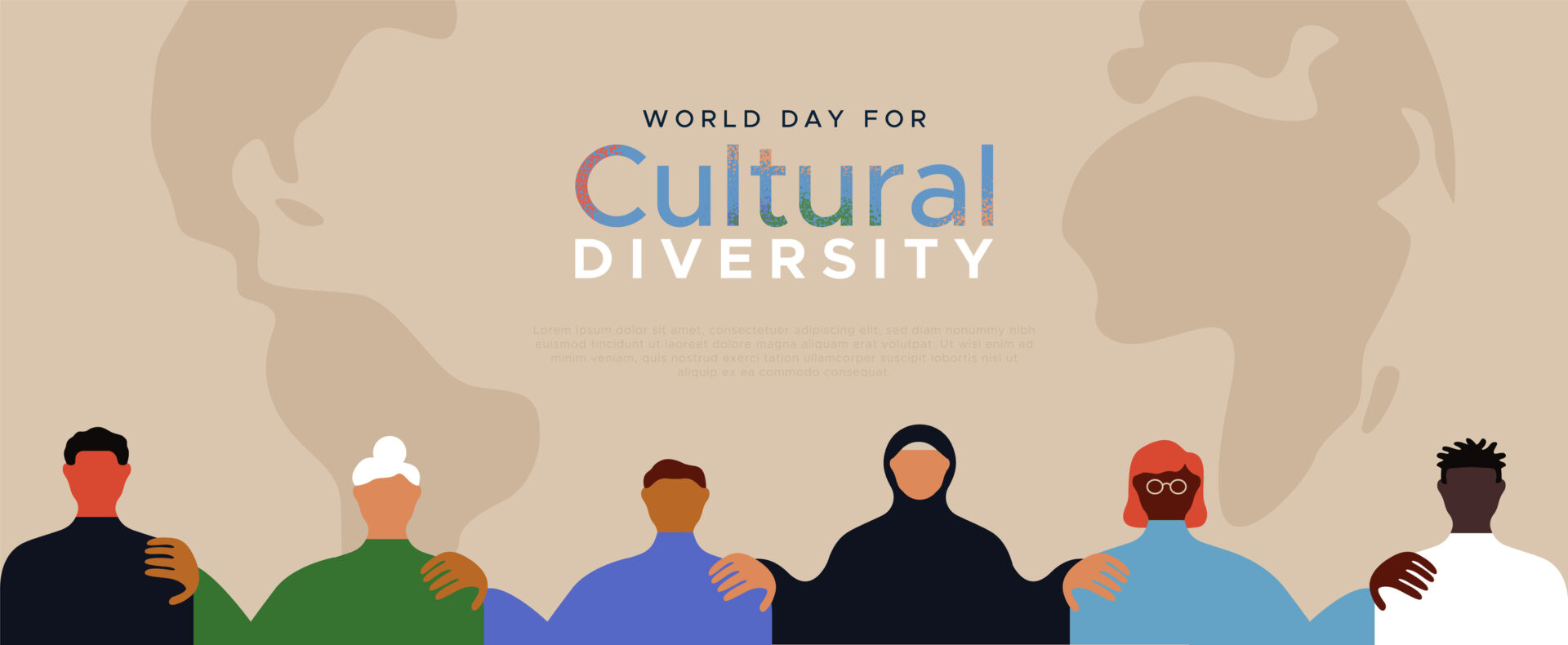If you are a movie buff or, perhaps, a worrywart, you have probably taken this confinement period to binge a shocking amount of virus-themed films, the most popular of which is Contagion. The film follows the introduction of a mysterious illness that, not unlike COVID-19, spreads across the globe, killing many and changing the way society functions.
While the spread and death rate of COVID-19 are, thankfully, must less extreme than those caused by the film’s fictional virus, there are similarities between the origin story of both, namely, that they are rumored to have been caused by animals.
While some sources are convinced that the virus escaped from a lab in China, most health officials and government authorities believe COVID-19 originated in a Wuhan-based wet market. Because wet markets are not conventional in all areas of the world, we will be outlining what they are and how likely it is that they caused COVID-19.
Wet Markets vs. Wildlife Markets
Wet markets, which are popular in China and other Asian countries, are comprised of several vendors selling fresh produce, meat, seafood, and other perishable goods. These spaces are integral to the communities they are located in. They provide fresh and affordable food to many people.
While many wet markets do not sell live animals, some keep animals alive until a customer is ready to make a purchase. Selecting a live animal and having it slaughtered upon purchase builds trust with customers. They know they are getting the freshest meat and seafood possible.
The water that marine life is kept in, the ice that preserves fish before customers make their purchase, and the bodily fluid that escapes when animals are butchered all contribute to the name held by these shopping spaces.
Because wet markets may have live animals, they can be confused with wildlife markets, giving the public a negative view of the wet market. For ethical reasons, wildlife markets are frowned upon. At these markets, live animals, guns, drugs, and other illicit materials are sold. Often, the species for sale are on the verge of extinction, making them extremely valuable. Conservation groups and environmental organizations are in a constant battle to shut these markets down and hold both sellers and buyers accountable for the harm they are doing.
Marketplaces as Petri Dishes
Historically speaking, spaces that force animals and humans to be in close contact are breeding grounds for diseases. These diseases that transfer from animals to humans are referred to as zoonotic diseases. Roughly 2/3 of diseases contracted by humans are considered to be zoonotic. They can spread from both direct and indirect interaction with an infected animal. For this reason, they can be challenging to trace and extremely contagious.
In wet markets, maintaining hygiene can be difficult. The spaces are often crowded. And, because interactions happen with haste, it can be difficult to sanitize in between customers and prepping their purchases. Poor hygiene connections to zoonotic diseases are forcing government officials to reconsider the role of wet markets in society.
The Huanan Seafood Wholesale Market in Wuhan has been closed since late January. But other, less notorious, wet markets in China are still open and operating. For many, wet markets are a source of income. They allow many grocers to sell their wares without the middleman, they also provide community members affordable and fresh foods. Removing wet markets could change the quality of life for so many people. For this reason, introducing new hygiene-centered rules may be a more realistic change in the future.
Halting Animal Trafficking
While it may be difficult to close wet markets entirely, COVID-19 is putting the heat on animal trafficking, forcing authorities to make moves to help minimize the exchange of exotic animals. Each transaction presents the opportunity for a new or already existing zoonotic disease to be spread.
While authorities are working to decrease animal trafficking, most of their efforts are focused on persecuting the seller. This reactive approach has done little to eliminate animal trafficking. To see real change, authorities must seek to eliminate the desire for exotic animals. This means creating consequences for buyers instead.
If the demand is reduced or erased, the industry will cease to exist. The eradication of animal trafficking could increase global biodiversity and human health.
Interested in reading more about COVID-19?







Leave A Comment